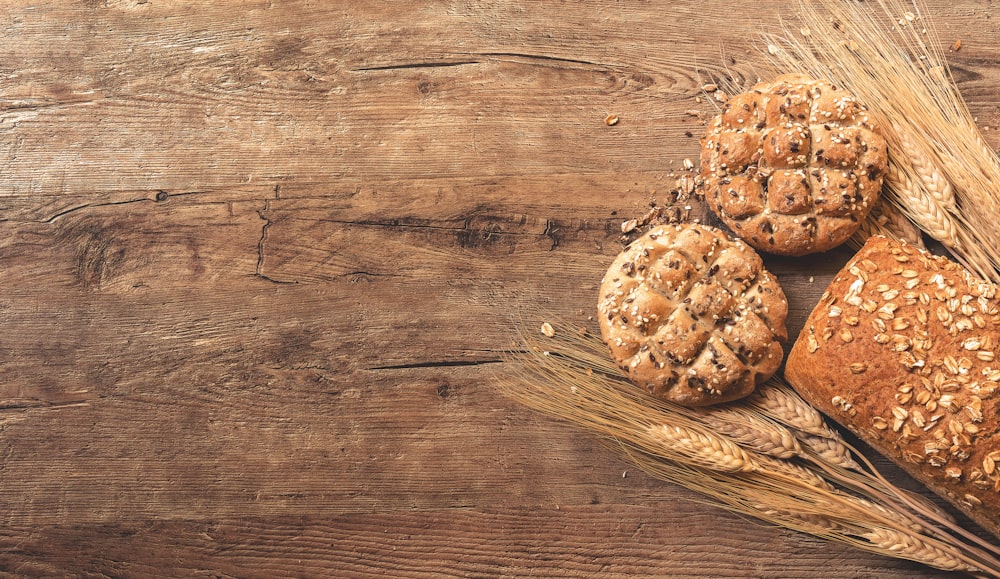Choosing the Right Dough Press or Sheeter for Your Bakery
Importance of Dough Press and Sheeter in a Bakery
Dough presses and sheeters are essential tools for creating perfect dough in bakeries and restaurants. They play a crucial role in the dough preparation process, saving time and effort while enhancing consistency and quality. These machines are designed to flatten dough into thin, uniform sheets, making them ideal for various bakery applications such as pizza crusts, pastries, cookies, and pasta.
By using a dough press or sheeter, bakery owners can achieve consistent results in dough preparation. These machines ensure that the dough is evenly flattened and of a consistent thickness, which is important for baking evenly and achieving the desired texture in the final product. They also allow for increased menu options, as different types of dough can be easily processed, expanding the variety of baked goods that can be offered to customers.
In addition to consistency and versatility, dough presses and sheeters also offer significant time and labor savings. These machines can flatten dough much faster and more efficiently than manual methods, allowing bakery staff to focus on other tasks. For example, a dough sheeter can roll out a large batch of dough in a matter of minutes, whereas it would take significantly longer to achieve the same result manually. This increased efficiency can lead to higher productivity and ultimately, increased profitability for the bakery.
Differences Between Dough Press and Dough Sheeter
Dough presses and sheeters serve similar purposes but utilize different mechanisms to achieve the desired results. Dough presses use compression between two plates to flatten the dough into thinner pieces. There are different types of dough presses available, including hot, cold, and hand presses. Hot presses are used to create various shapes of crusts and can help reduce proofing time, while cold presses require a soft and flowing dough.
Dough sheeters, on the other hand, utilize rolling cylinders to press dough into thin sheets. They can handle larger batches of dough and create consistent thickness throughout the entire sheet. This makes them ideal for high-volume production and for achieving a uniform thickness across a large surface area. Dough sheeters are also versatile and can work with different types of dough, making them suitable for various bakery needs.
When it comes to the texture of the dough, dough presses and sheeters can deliver different results. Dough presses can create a denser and chewier texture, which is desirable for certain bakery products like pizza crusts. On the other hand, dough sheeters can produce a lighter and flakier texture, perfect for pastries and croissants. Understanding the differences in texture can help bakery owners choose the right machine based on the desired outcome of their baked goods.
Factors to Consider When Choosing a Dough Press or Sheeter
When choosing a dough press or sheeter for your bakery, there are several factors you should consider:
- Size and capacity: Consider the available space in your bakery and the volume of dough you need to process. If you have limited space, a compact countertop model may be more suitable. For high-volume production, a larger floor-standing model may be necessary.
- Countertop vs. floor-standing: Decide whether a compact and portable countertop sheeter or a larger floor-standing sheeter suits your production needs. Countertop sheeters are ideal for small spaces and can process up to 15 pounds of dough per hour, while floor-standing sheeters can handle up to 40 pounds of dough per hour but require more space.
- Roller width and length: The dimensions of the rollers are important as they determine the size of the dough sheet and the type of product you can create. Consider your desired sheet size and the specific bakery products you plan to make.
- Motor power and roller speed: Choose a dough sheeter with appropriate motor power and adjustable speed settings to achieve the desired rolling speed and consistency. Higher motor power allows for faster dough rolling, and adjustable speed settings provide control over the process.
- Additional features: Consider features such as reversibility and thickness adjustment. Reversibility allows for changing the roller direction without stopping or reversing the machine, making it easier to achieve the desired dough thickness. Thickness adjustment enables control over the thickness of the dough sheets for precise and consistent results.
By considering these factors, you can choose the right dough press or sheeter that meets your bakery's specific needs and production requirements. Additionally, it is important to note that investing in a high-quality machine with durability and reliability will save you money in the long run, as you won't have to constantly repair or replace the equipment.
Types of Dough Presses and Sheeters Available
There are different types of dough presses and sheeters available in the market to cater to various bakery needs. For dough presses, you can choose between hot, cold, and hand presses, each with its own advantages and applications. Hot presses are suitable for creating various crust shapes and reducing proofing time, while cold presses require a soft and flowing dough. Hand presses are commonly used in small bakeries or for smaller dough portions.
For dough sheeters, there are countertop and floor-standing models. Countertop sheeters are compact and portable, making them ideal for small bakeries with limited space. They can process up to 15 pounds of dough per hour. On the other hand, floor-standing sheeters are larger and heavier, suitable for high-volume production. They can handle up to 40 pounds of dough per hour but require more space.
In addition to the basic models, there are also advanced dough sheeters available that offer additional features and capabilities. Some models come with a cutting attachment, allowing you to automatically cut the dough into specific shapes or sizes. Others have a dough docking feature, which helps prevent the dough from rising too much during baking by creating small holes in the dough surface. These additional features can further streamline your bakery operations and enhance the quality of your baked goods.
By understanding the different types of dough presses and sheeters available, you can choose the one that best fits your bakery's needs and production requirements. Consider the specific applications and volume of dough you will be working with to select the most appropriate machine for your bakery.
Benefits and Drawbacks of Different Models
When considering which dough press or sheeter to choose, it's important to understand the benefits and drawbacks of different models. Countertop dough sheeters are compact and portable, making them ideal for small spaces and processing up to 15 pounds of dough per hour. They are convenient for small-scale operations, but their capacity may be limited for larger volumes.
Floor-standing dough sheeters, on the other hand, are suitable for high-volume production, processing up to 40 pounds of dough per hour. They offer greater capacity but require more space in the bakery. These models are heavier and may require professional installation due to their size and weight.
In terms of versatility, some dough sheeters come with interchangeable rollers or attachments, allowing you to create different types of dough sheets or even process other ingredients like fondant or marzipan. This versatility can be an advantage if you want to diversify your bakery offerings and experiment with new recipes and products.
When it comes to maintenance, it is important to consider the ease of cleaning and maintenance requirements of the machine. Some models have removable parts or easily accessible components, making it easier to clean and maintain the equipment. Regular maintenance is crucial to ensure the longevity and optimal performance of your dough press or sheeter. Checking and lubricating moving parts, cleaning the machine regularly, and storing it in a clean and dry environment when not in use are all important steps to keep the equipment in good working condition.
Considering your bakery's specific needs, available space, production volume, and maintenance requirements will help you make an informed decision when choosing the right dough press or sheeter for your bakery.
Maintenance and Cleaning Tips for Dough Presses and Sheeters
Proper maintenance and cleaning of dough presses and sheeters are essential to ensure optimal performance and longevity. Here are some tips to keep in mind:
- Regularly clean the dough press or sheeter to prevent the buildup of dough residue. Follow the manufacturer's instructions for cleaning procedures. Use appropriate cleaning materials that are safe for the equipment's surfaces. Avoid using harsh chemicals that can damage the machine.
- Check and lubricate moving parts regularly to ensure smooth operation. This will help prevent any potential issues and extend the lifespan of the equipment. Pay attention to areas such as the rollers, gears, and bearings, as these are critical components for the machine's functionality.
- Store the equipment in a clean and dry environment when not in use. This will prevent dust and moisture from damaging the machine. If possible, cover the machine to protect it from dust or any accidental spills.
- Develop a regular maintenance schedule and stick to it. Create a checklist of maintenance tasks and perform them at the recommended intervals. This will help you stay on top of maintenance and ensure that your dough press or sheeter remains in good working condition.
By following these maintenance and cleaning tips, you can ensure that your dough press or sheeter remains in good working condition, providing consistent and high-quality dough for your bakery.
Conclusion
Choosing the right dough press or sheeter is vital for achieving consistent and high-quality dough in a bakery. These machines save time and effort, enhance consistency and quality, and expand menu options. When selecting a dough press or sheeter, consider factors such as size, capacity, roller dimensions, motor power, and additional features. By understanding the differences between dough presses and sheeters and the various models available, you can make an informed decision that meets your bakery's specific needs. Proper maintenance and cleaning of the equipment will ensure its longevity and optimal performance, allowing you to create the perfect dough for your bakery's delicious baked goods.



Comments